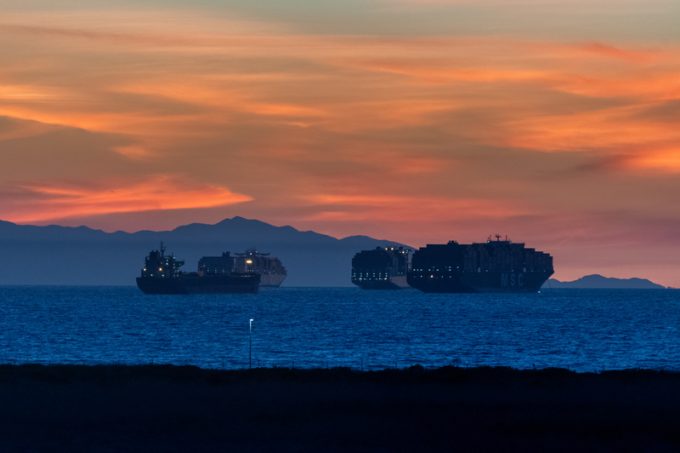Trump will have a 'heavy impact on container volumes', warns Wan Hai chief
US president-elect Donald Trump’s policies will have a heavy impact on container volumes and supply ...

The US Federal Maritime Commission (FMC) is planning to help shippers “get their money back” from “unreasonable” demurrage and detention (D&D) charges.
In November, the FMC launched an investigation into shipping lines’ role in the country’s port congestion, including D&D charges, empty container returns and the practice by some of declining agricultural exports in favour of repositioning empties to Asia.
FMC commissioner Rebecca Dye is leading the investigation into possible violations of the Shipping Act and, in particular, an interpretive rule on ...
Volcanic disruption at Anchorage could hit transpacific airfreight operations
Shippers snap up airfreight capacity to US ahead of tariff deadline
Forwarders stay cool as US 'liberation day' tariffs threaten 'global trade war'
New price hikes may slow ocean spot rate slide – but for how long?
Tighter EU import requirements proving 'a challenge' for forwarders
Supply chain delays expected after earthquake hits Myanmar
Looming Trump tariffs will create 'a bureaucratic monster' for Customs

Comment on this article